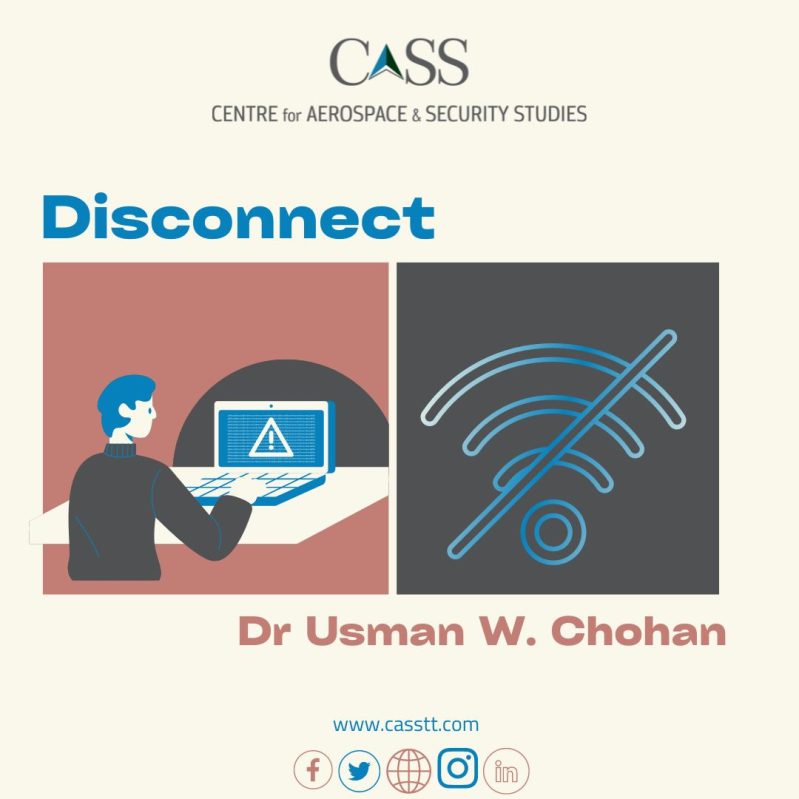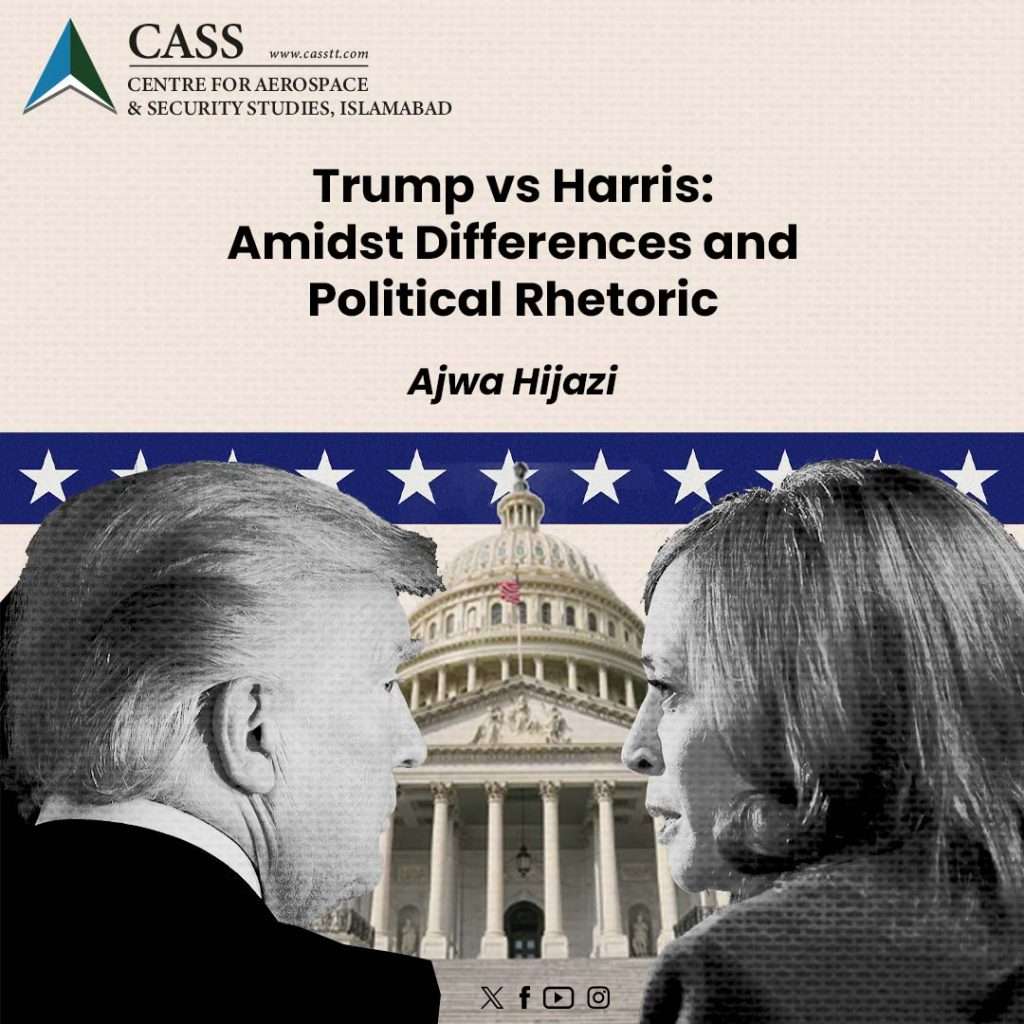In two key senses of the term, our nation is suffering from a profound disconnect. The first is in the practical sense, where an ever-extending period of deliberate internet disconnection is having serious ramifications in those sectors of the economy that still appear to function. The second is in the abstract sense, where the aspirations of the people are disconnected from a very narrow private base’s political and economic adhocracy.The two are intertwined, and both must be resolved for the restoration of normalcy on the path to national development. The internet ban was ostensibly imposed on security grounds, as mobs can organize and mobilize quickly using Twitter and other social media, at the same time that the public can be barraged with, and triggered by, excess audiovisual stimuli during an episode of social strain. As usual, however, such a security logic has superseded the logic of the economy. Since 2022, many sectors (particularly large-scale manufacturing) have been paralyzed by both global monetary contraction (American stupidity) and by actions here (our stupidity).
Yet a few of the resilient sectors during this period have included IT, freelancing, telecom, and the gig-economy. All of these are extremely internet dependent, and nationwide disruption of the worldwide web means that these sectors fall by the wayside quickly. Estimates from the first three days of the nationwide internet ban suggest that the IT sector suffered a devastating loss of Rs10 billion, while the telecom sector suffered a loss of Rs2.5 billion. One may deduce that the government has therefore lost tax revenue of nearly one billion rupees in just a matter of days. The freelancing sector, already facing disruptions from generative AI tools, has seen large unreported losses due to freelancers missing short deadlines. Meanwhile, the tens of thousands of people working in the gig economy (ride sharing, delivery etc.) have not been able to service people because of the blocking of internet geolocation.
Therefore, the telecom sector’s losses have serious tax consequences, the IT sector’s losses have both monetary and reputational consequences, while the freelancing and gig sectors have serious revenue and employment consequences. In a country of largely young people, furthermore, the government is not doing itself any favors by stifling internet usage. There are bypassing tools such as VPNs that allow them to get by, but with the added frustrations of functionality, and without the government actually preventing mob emergence. Yet the government has been adamant in restricting the internet for tens of millions of people, as if this would strengthen its hand.
In fact, this is where the abstractive disconnect of elite agenda vs. the people’s aspirations comes into play. As per the Constitution of Pakistan, there are specific, well-defined measures for respecting the aspirations of the people and for fostering stability and continuity in government. The constitution is a sacrosanct document, and one which resonates with the sentiments of the public. Yet it is being trampled upon left-right-and-centre as part of an adhocracy. This foments the rage and nullifies the security logic through which restrictions are placed in the first place. The only restrictions required are those that are laid out in the national compact, towards the attainment of the goals enumerated in the national compact.
Once this is the target towards which all classes of Pakistan advance, including its domineering narrow pinnacle class, the basis of political stability can be cemented, upon which economic development can be undertaken under stable conditions and for a sustained duration. In the meantime, one should not expect a mob of tens of thousands, but of tens of millions to erupt. The people are, at varying degrees of intensity and fervor, connected by common threads of care for the nation. Yet there is a disconnect between the people and those above the people, one manifestation of which is the internet ban that is in place indefinitely. Things cannot continue in this manner, lest the disconnect turn into something of a rupture instead.
Dr. Usman W. Chohan is Advisor (Economic Affairs and National Development) at the Centre for Aerospace & Security Studies, Islamabad, Pakistan. He can be reached at cass.thinkers@casstt.com.
Image Design: Dr. Usman W. Chohan





